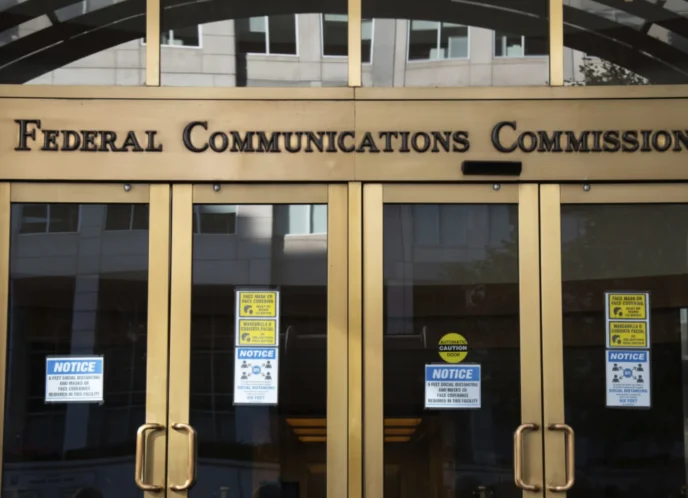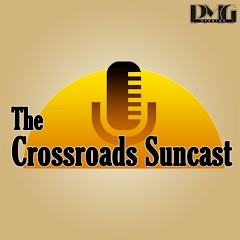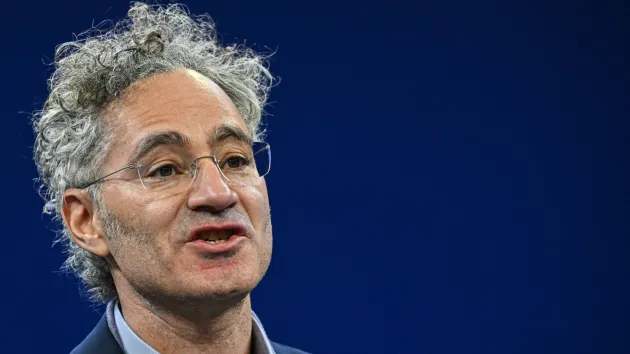It’s been a busy July for MAG-Net, filing FCC comments related to our Mobile Justice and Broadband for the People Campaigns. Our comments build off our annual plan, and the Media Policy for Social Justice track that we created and led at the Allied Media Conference. Our goal was to use this track to kick off our campaigns, as well as develop closer working relationship with new partners–and we did! Since the start of July, MAG-Net has filed comments (and reply comments) on Bill Shock, Broadband Reclassification, and USF Low-Cost programs. Below you can find a short primer on our filings.
Bill Shock:
MAG-Net together with New America Foundation and others filed comments regarding Consumer Information and Disclosure (“Bill Shock”). Together we urged the Commission “to require wireless providers to supply automatic and free usage and roaming alerts to protect consumers from excessive increases in their monthly bills" and "establish clear disclosure rules for the true cost of services, including additional fees; meaningful information about terms of service restrictions and actions that monitor and interfere with subscriber use of services; and obstacles to ending or transferring service including early termination fees and device locking mechanisms." Full comments can be read here.
Lifeline/Link-Up:
MAG-Net filed comments with the Federal-State Joint Board on Universal Service. In addition to our regular members, we’re excited to report that one of our new allies– the nationally renown Prison Legal News–joined our filing. Our primary arguments are listed below, but you can read the comments in full by clicking here.
- Affordable access to telecommunications services by low-income households plays a key role in achieving social justice goals.
- If not for the Commission’s Low-Income Universal Service Fund programs Lifeline and Link-Up, many low-income households would be forced to forego basic telecommunications services to meet other needs, such as food and shelter.
- Studies show that even low-income families earning at or below 200 percent of the federal poverty level would not find basic telecommunications services affordable, and such findings provide strong support for increasing Lifeline eligibility from the current 135 percent threshold.
- Allowing residents of homeless shelters to be automatically eligible for the low-income programs would empower these individuals to change their economic situations, maintain contact with friends and family, and improve such residents’ own sense of dignity and self-sufficiency.
Following this successful filing, MAG-Net joined forced with National Hispanic Media Coalition, Benton Foundation, and the Office of Communication for the UCC for our reply comments. Here our primary arguments included:
- Expanding Life Line and Link Up programs to include broadband discounts
- Ensuring that enrollment and verification rules are as open and flexible as possible
- Improving outreach methods
Full comments can be read here.
Broadband Reclassification
Working with MAG-Net Counsel at Media Access Project, MAG-Net submitted comments on Broadband Reclassification to the FCC. Our goal was to provide the Commission with information and insight regarding how the classification and regulatory treatment of broadband Internet connectivity service impacts the everyday Internet user in communities of color and low-income and immigrant communities. Our primary arguments are listed below, but you can read the comments in full by clicking here.
- The course the Commission chooses will decide nothing less than the future of Internet access.
- For MAG-Net constituents, the future of Internet access means increasing broadband deployment, effectuating universal, affordable broadband services, and addressing barriers to broadband adoption and utilization – all key components of the National Broadband Plan.
- The future of Internet access means preserving an open and nondiscriminatory Internet that has thus far empowered communities across the country and advanced freedom of expression.
- We urge the Commission to adopt Title II classification for wired and wireless Internet connectivity service.
Please continue to follow our important policy work–or better yet become a member and get involved. If you're an organization that is interested in joining MAG-Net, please contact MAG-Net Coordinator, Betty Yu. Or, if you're an individual who would like to get involved, please join our Online Action Network.



